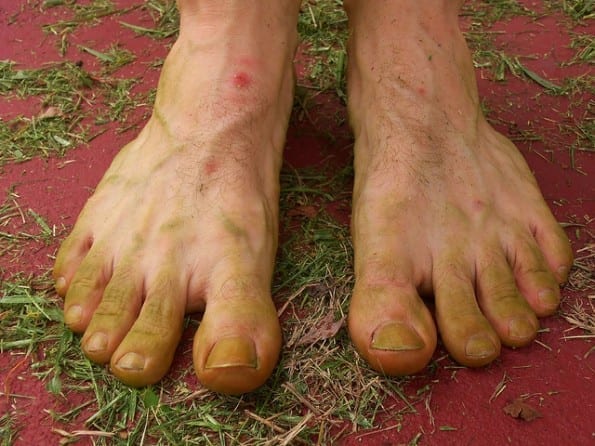How to Avoid Bug Bites on Trail Runs
Trail runs can be a peaceful, serene experience, but sometimes bugs get in the way of that enjoyment. What’s worse, people can end up with Lyme disease, Malaria, Denge or the West Nile virus if they don’t take precautionary steps to prevent bug bites. Runners deal with bugs year-round, so understanding how to take the bite out of the running experience makes it more fulfilling.
Where the Bugs are
Many insects only bother people during the summer months because the majority of them live in moist, humid, wooded or grassy areas. Mosquitoes that carry the West Nile virus are often heaviest during dusk and dawn hours. Stay inside during these peak times, or make a point to run quickly without stopping to rest near stagnant water.
How to Be Protected
At the recommendation of the Centers for Disease Control and Prevention, runners, or anyone engaging in prolonged, strenuous activity outdoors should wear insect repellent with about 25% DEET. This percentage of DEET prevents ticks from detecting you as well. DEET is a repellent that does not kill the bugs, but it stops them from detecting carbon monoxide and other products of the human metabolism.
Advantage of Roll-on Repellents
Roll-on repellents are less greasy than sprays, and some runners apply it to their faces without irritation. Additionally, some roll-on repellents will have a light citrus smell that’s more palatable than other spray products.
Mid-day Running
Mosquitoes are out heaviest during the sunrise and sunset hours. For this reason, people are less likely to be bitten during a run in the middle of the day. However, it still only takes one bite to do damage, so it’s still important to wear repellent. Bring water and try to run in shadier areas because the heat is strongest during the middle of the day. If you’re worried about the heat, try running indoors on a treadmill or track.
Lyme Disease from Wood Ticks
Wood ticks inhabit heavily wooded and grassy areas. Deer ticks can transmit Lyme disease, which can cause arthritis, heart problems, stiff necks, and headaches. To avoid being bitten, always check the ears, arms, knees, legs and belly button after running. A person who has been bitten should be monitored by their doctor and given antibiotics if necessary.
How to Prevent Ticks
Wearing bright clothing during a run helps an individual see a tick’s dark outline on their shirt or pants. Avoiding tick-infested locations is advised as well as staying on the trail and avoiding tall grass.
Trail runs can help people enjoy nature in all its glory. However, bugs can turn a run into a disaster if the proper precautionary measures are not taken to prevent bites. In general, it is usually best to avoid bug-infested running areas because bug spray will not completely prevent the biting. And remember, you can get bitten off the trail too. Avoid mosquitos and their itchy scratchy bites by using a spray with DEET, eating onions, and using mosquito netting when possible.


I just like the valuable info you supply to your articles.
I’ll bookmark your blog and test again here regularly.
I am moderately certain I’ll be told many new
stuff proper right here! Best of luck for the following!
Valuable information. Fortunate me I discovered your website by chance, and I’m shocked why this twist of fate did not took place earlier! I bookmarked it.